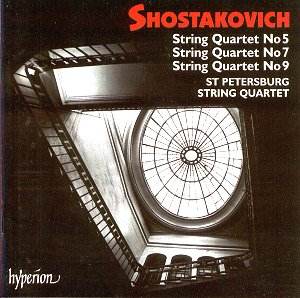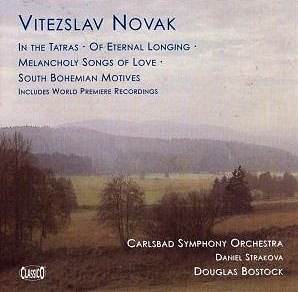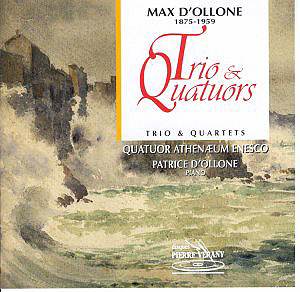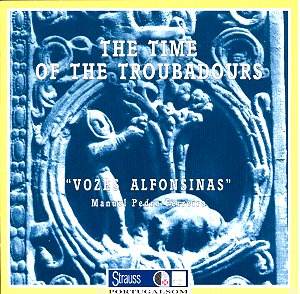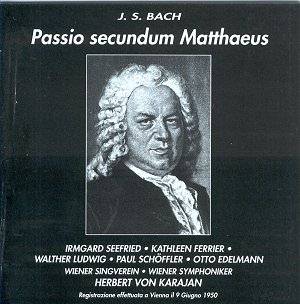 Composer: J. S. Bach
Composer: J. S. Bach
Works: St. Matthew Passion, BWV 244
Performers: Irmgard Seefried (soprano), Kathleen Ferrier (contralto), Walther Ludwig (Evangelist, tenor), Otto Edelmann (bass), Paul Schöffler (Jesus), Erich Kaufmann (Peter), Hardal Pröglhöf (Judas), Otto Wiener (Pilate), Walter Berry (Pontifex), Anny Felbermayer (Pilate’s wife), Gisela Rathauscher (First maid), Rosl Sterba (Second maid), Magdalena Stowasser (First witness), Friedrich Uhl (Second witness), Alois Forer/Anton Heiler (organ), Vienna Choral Society (Wiener Singverein), Vienna Symphony Orchestra
Recording: Recorded live at the Vienna International Bach Festival, 9 June 1950
Label: URANIA URN 22.185
The St. Matthew Passion stands as one of the crowning achievements of baroque sacred music, a monumental reflection on suffering and redemption through the lens of Bach’s unparalleled compositional genius. This particular recording, a live performance from the Vienna International Bach Festival in 1950, captures the essence of this monumental work during a time when Bach’s music was experiencing a revival, particularly in the context of the bicentenary of his death. Under the baton of Herbert von Karajan, a conductor often associated with gripping interpretations, this account strives to articulate the emotional depth and dramatic narrative inherent in the score.
Karajan’s approach, while grand and expansive, often veers towards ponderousness, particularly in the choral sections. The Wiener Singverein, despite its illustrious history (having once been directed by Brahms), struggles at times with clarity and focus. Their sound, at moments, feels overly dense, lacking the distinct delineation that Bach’s intricate counterpoint demands. This is particularly evident in the chorales, where the weight of the ensemble obscures individual lines and diminishes the transparency that is essential to the work’s impact. Furthermore, some soprano entries, particularly in the upper registers, suffer from an unsettling scoop to pitch, detracting from the overall polish.
The soloists present a mixed bag of interpretations. Kathleen Ferrier’s entry in “Erbarme dich” is a highlight, embodying profound pathos with her rich, dark timbre. Her voice, while occasionally overshadowed by the orchestral fabric, emerges with a haunting quality that reverberates with emotional truth. Irmgard Seefried, although initially timid in “Blute nur,” gradually finds her footing, revealing the lyricism and charm that characterize her performances. The juxtaposition of their voices in the duet “So ist mein Jesu” is particularly striking, as both singers manage to produce a beautiful blend, showcasing their individual strengths while engaging in a heartfelt dialogue.
The orchestral section, featuring the Vienna Symphony Orchestra, delivers a robust yet nuanced performance. While the recording’s sound quality does reveal some limitations—most notably the encroaching creaks of the venue and the occasional cough from the audience—the overall restoration allows for a compelling listening experience. The organ, played by Anton Heiler, provides a solid foundation, although one might lament the missed opportunity for greater clarity in the wind instruments, especially the oboes, which could have benefited from a closer miking to bring out their delicate interplay.
The emotional apex of the performance arrives during Walther Ludwig’s portrayal of the Evangelist, whose narration is imbued with a palpable tension, particularly when recounting Peter’s denial. His delivery, coupled with the dramatic interjections from the chorus, captures the essence of the narrative’s unfolding tragedy. The recording also showcases the 21-year-old Walter Berry in the role of Pontifex, whose youthful vigor adds a compelling dimension to the character, even in a minor role.
This live performance, while fraught with the imperfections of an era long past, radiates a vitality that transcends its technical shortcomings. The historical context of the recording enriches its value, reminding listeners of the ongoing evolution in the interpretation of Bach’s works. Kathleen Ferrier’s unique artistry, combined with the emotional depth conveyed by the ensemble, ensures that this recording remains a significant contribution to the legacy of the St. Matthew Passion. It invites both seasoned aficionados and newer listeners alike to engage with the timelessness of Bach’s music, illuminating the enduring power of faith, suffering, and redemption that is so central to the human experience.
